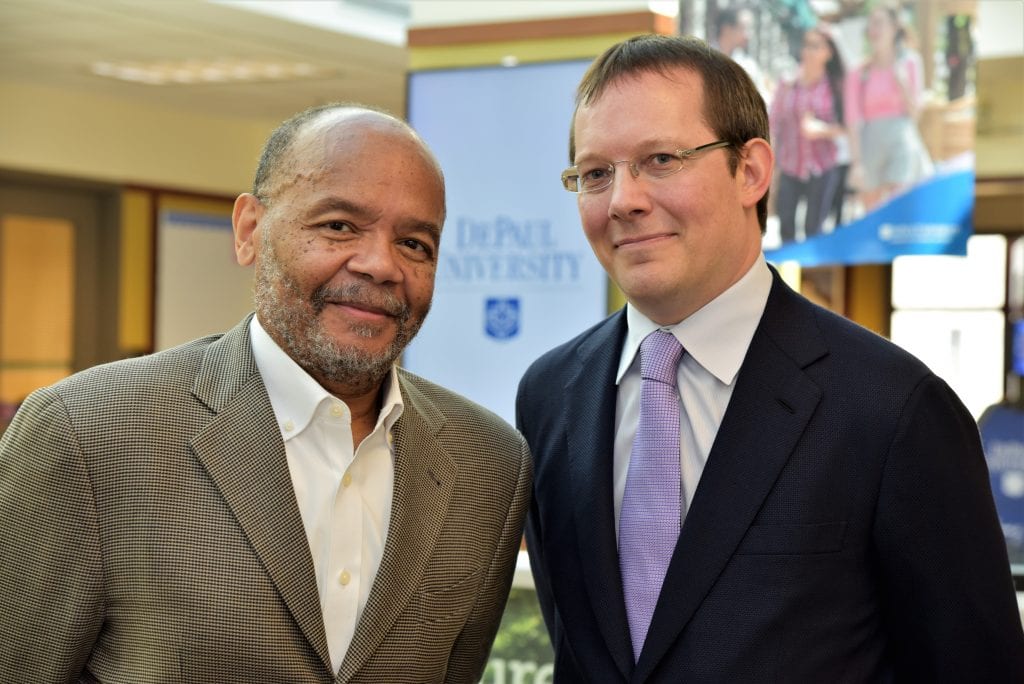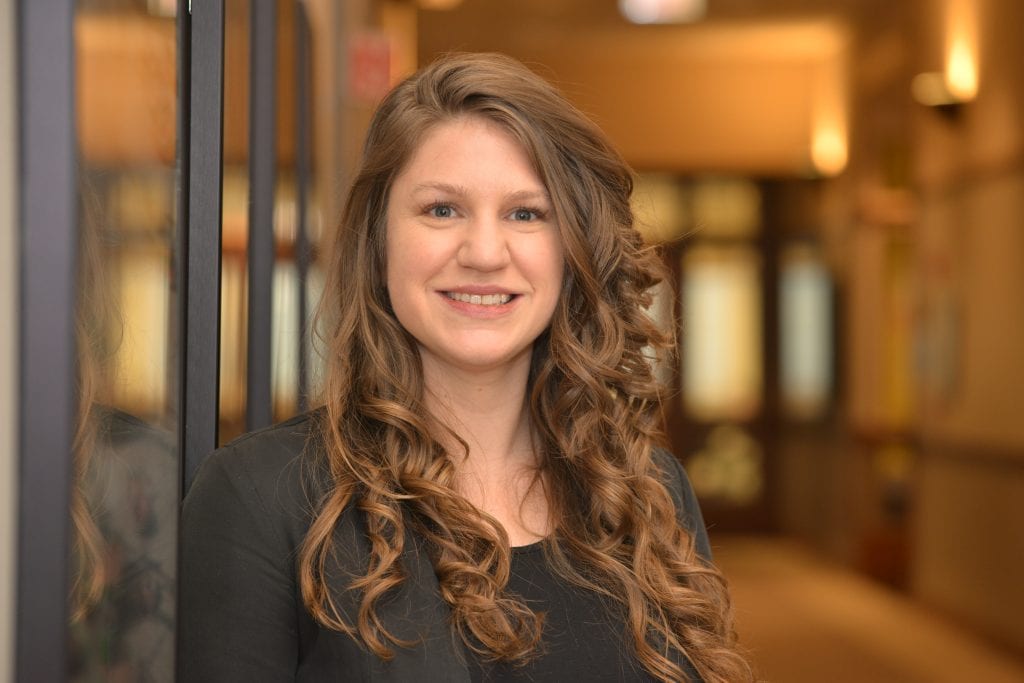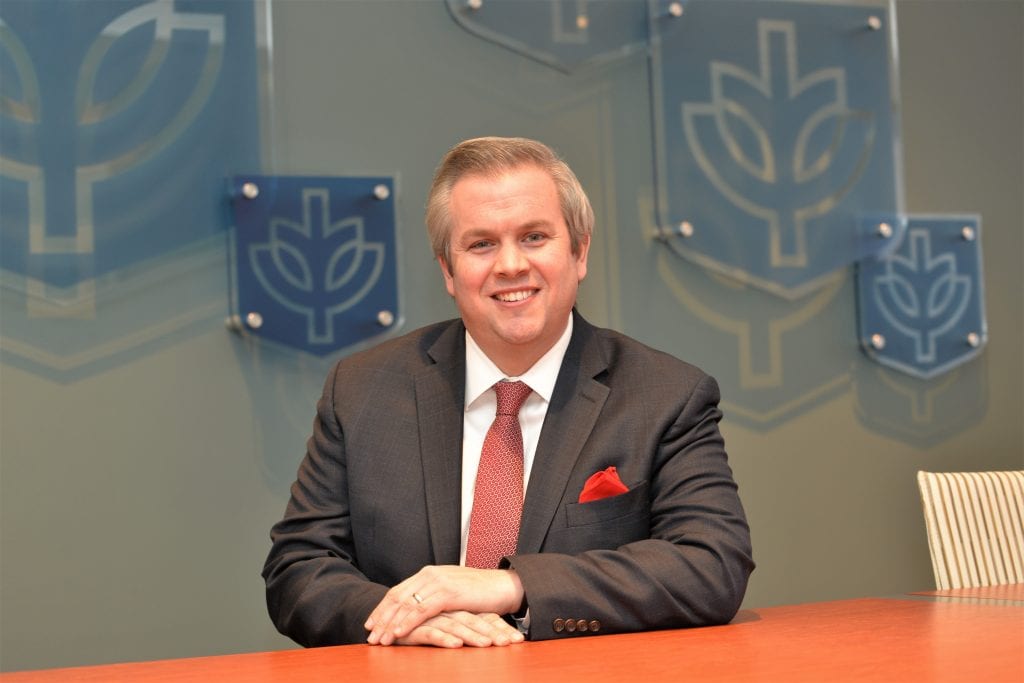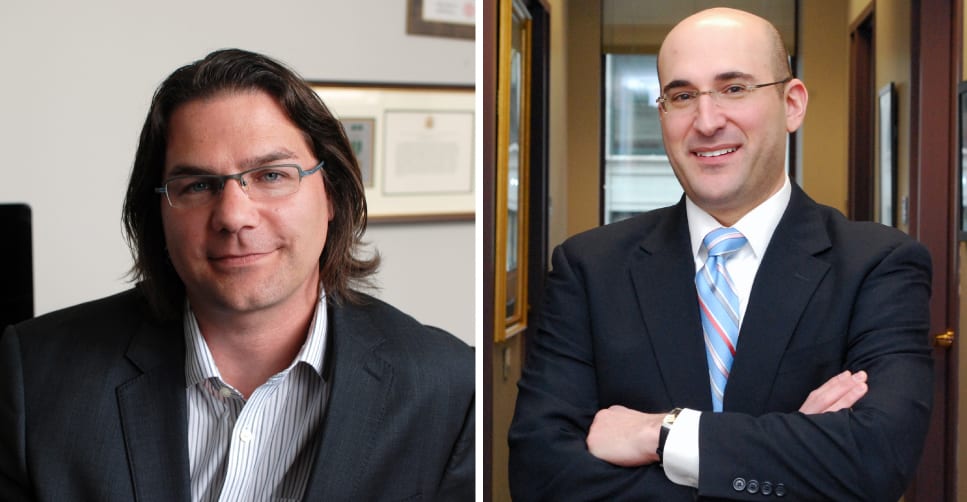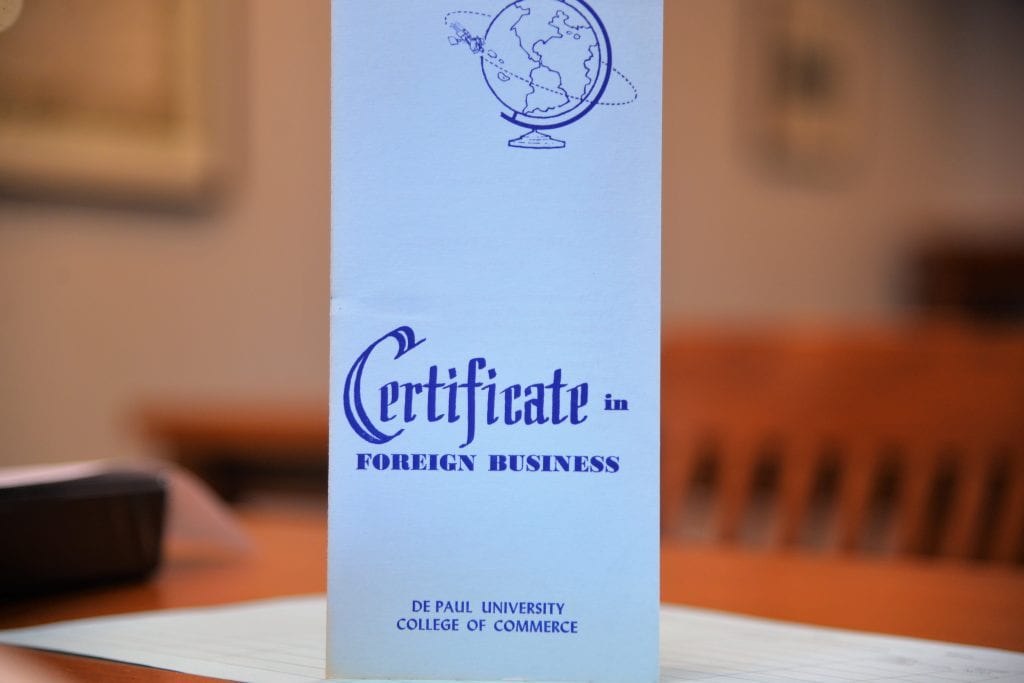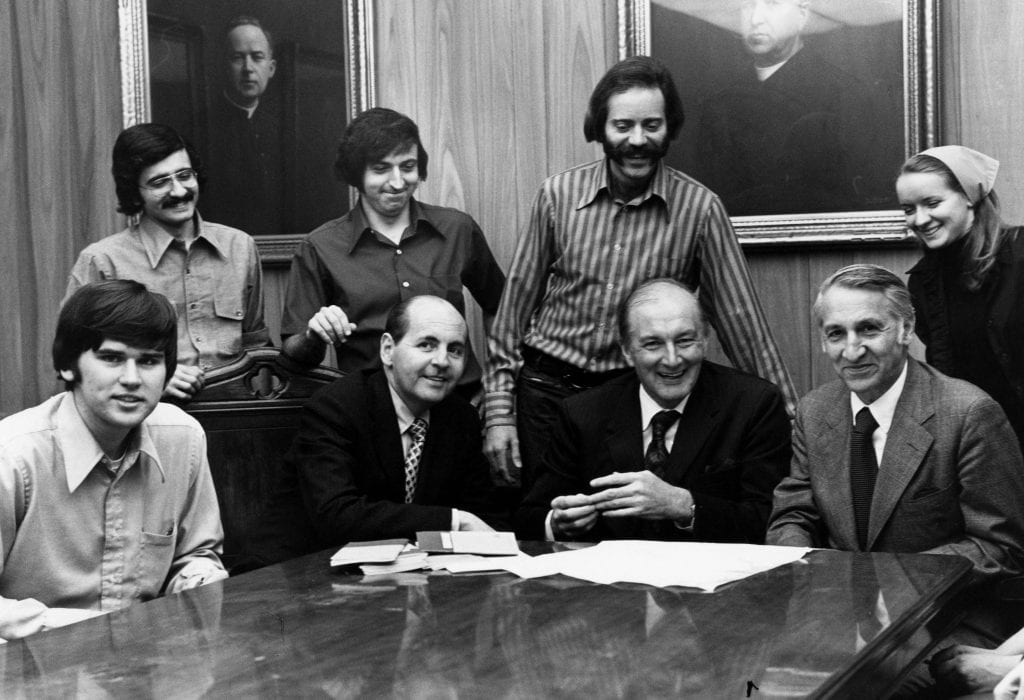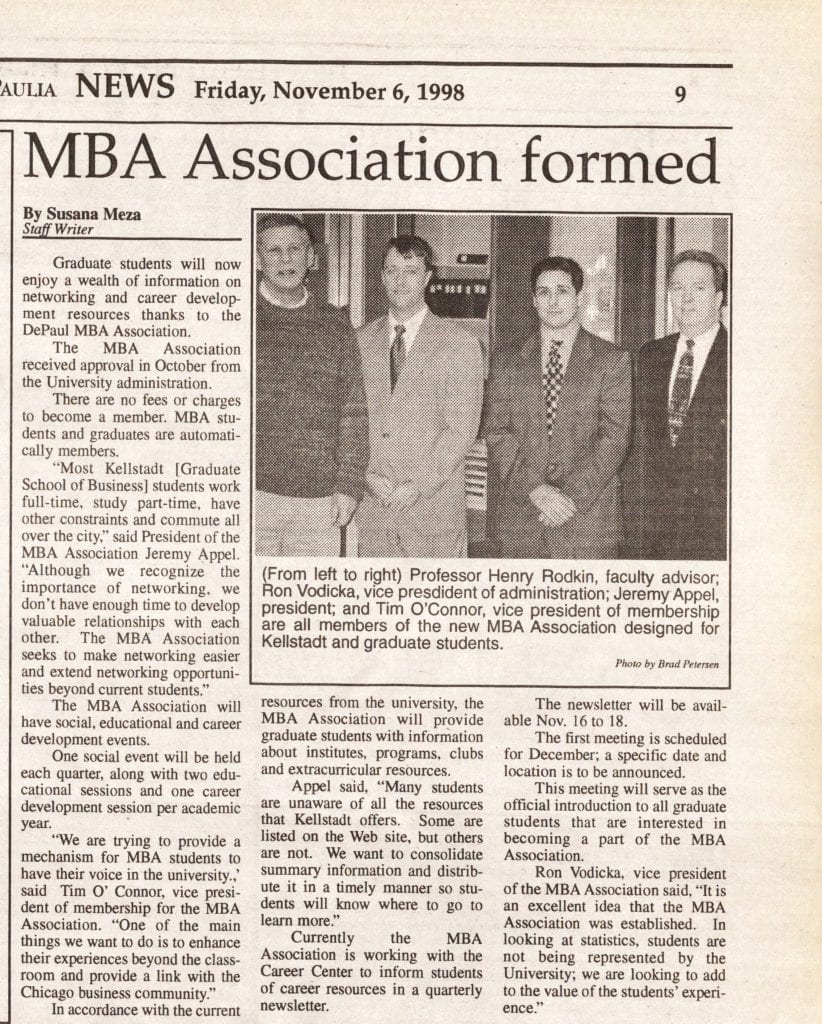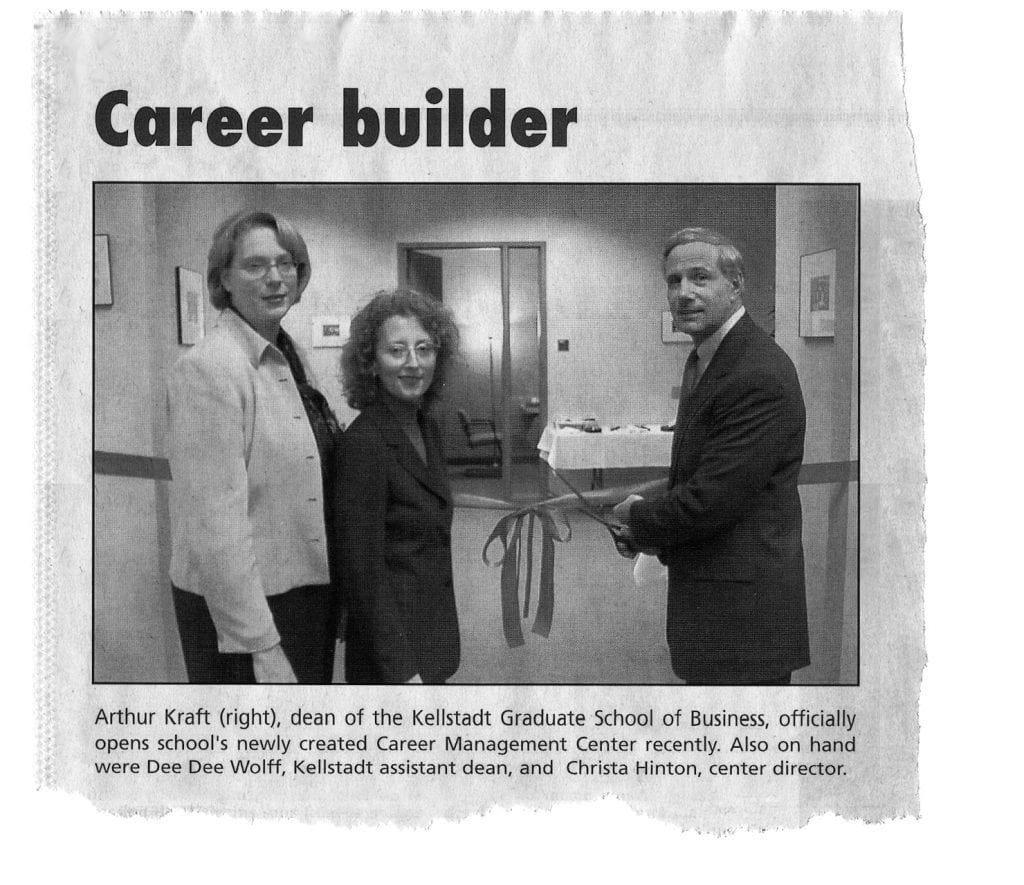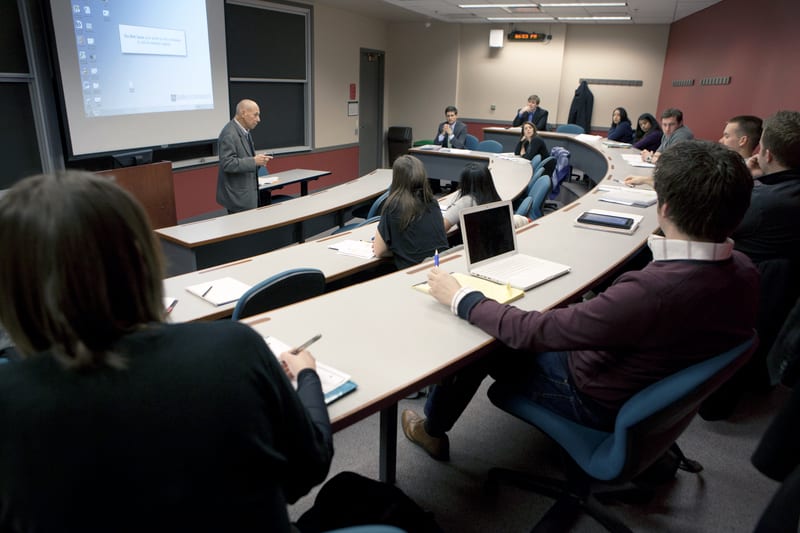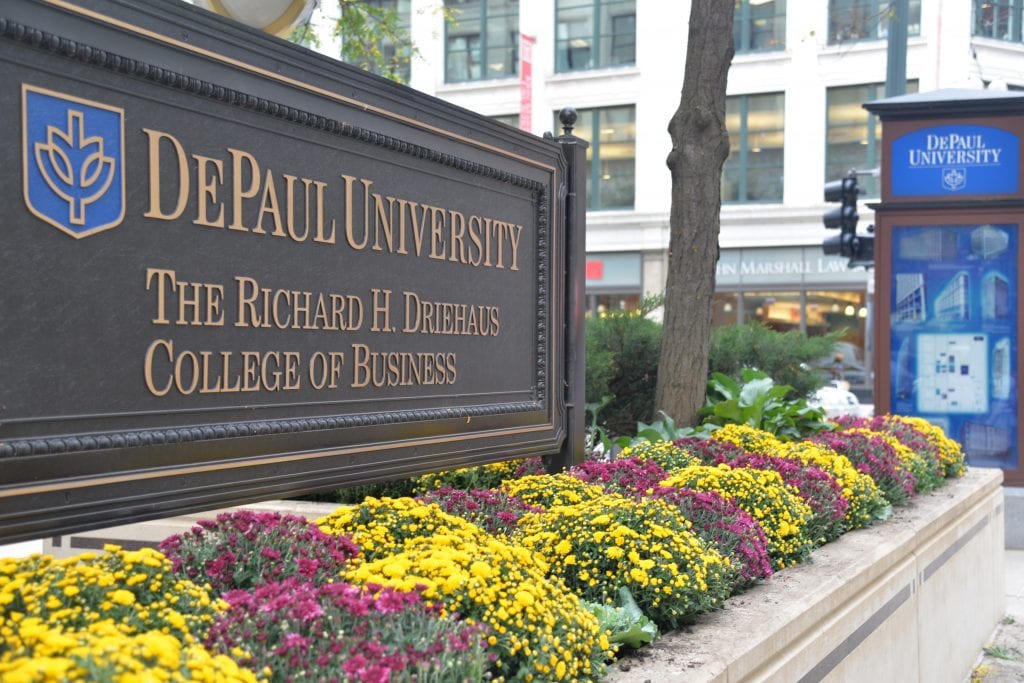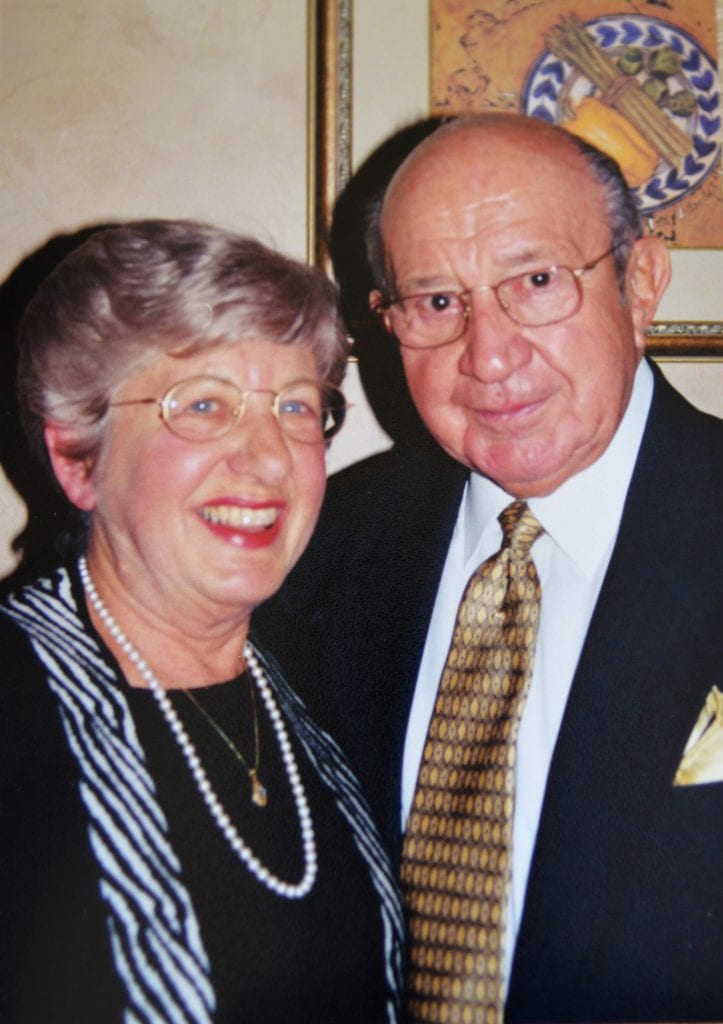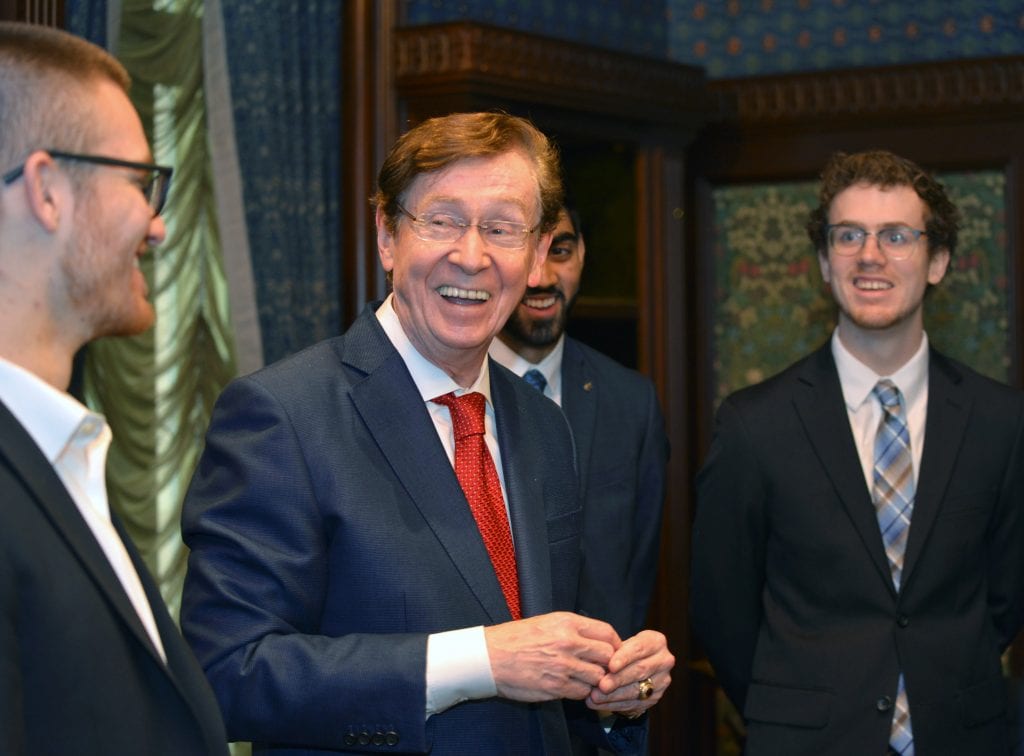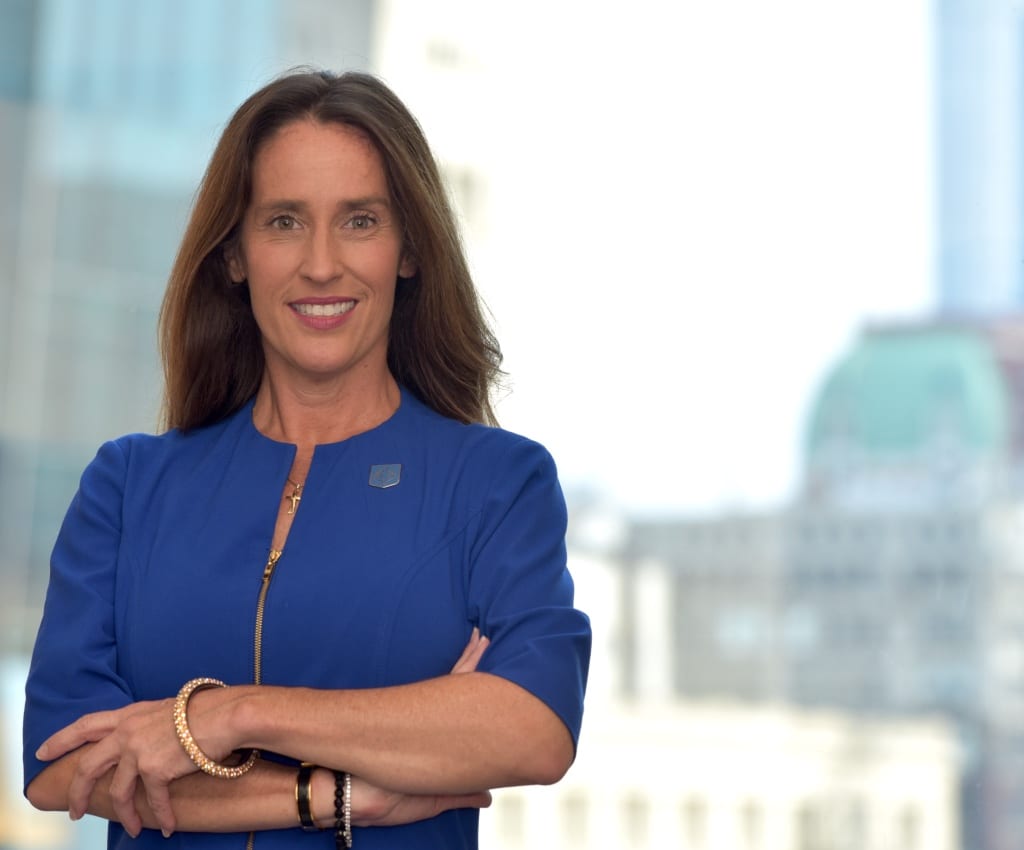
Here, our students are transformed into socially responsible leaders through a real-world education and experiential learning opportunities involving the Chicago business community and our strong alumni network.”
If you’ve ridden on public transportation or driven in Chicago over the past six months, you’ve likely seen billboards featuring DePaul’s new brand campaign, Here, We Do. The campaign succinctly expresses what’s uniquely rewarding about the DePaul educational experience. It proudly says that at DePaul, students learn by doing in an urban environment full of opportunity, inspired by Vincentian values that encourage our graduates to make a difference in the world.
This message applies especially well to our business college. Here, our students are transformed into socially responsible leaders through a real-world education and experiential learning opportunities involving the Chicago business community and our strong alumni network.
Our college recently expanded these opportunities by creating two new student success centers modeled after the Marriott Foundation Center for Student Development and Engagement, which opened at the School of Hospitality Leadership two years ago. We have established the John L. Keeley Jr. Center for Financial Services, which will encompass academies supporting finance students (see page 2), and an Office of Student Success and Engagement for accountancy majors with support from alumnus Kent Klaus. The goal of both initiatives is to engage industry partners and alumni mentors with our students to ensure that students not only gain business expertise, but also master communication, networking, teamwork and leadership skills that are essential for professional and personal success.
Our college’s centers and institutes also embody Here, We Do. In July, we opened the Women in Entrepreneurship Institute at the Coleman Entrepreneurship Center to promote the growth and sustainability of women-founded businesses through education, research and incubation initiatives. The institute is supported by an outstanding committee of Chicago women business leaders who believe that here, we can do more to help women entrepreneurs succeed.
Our belief in Here, We Do also is part of our future plans. This fall, we will finalize the college’s strategic plan for the next six years. The three pillars of this new plan are to strengthen our connections to the Chicago business community, alumni and donors; expand our student success initiatives that add value to earning a DePaul business degree; and deepen the culture of excellence in our academic community. The plan also challenges us to examine our graduate program mix to ensure that it is addressing the evolving needs of our students. As we celebrate the 70th anniversary of our flagship part-time MBA program, our college also is reaching new student markets through on-site corporate MBA programs, specialized master’s degrees and a doctorate in business program, which produced its first graduating class in June.
Together we are embarking on our 2024 strategic plan with a Here, We Do spirit. To learn more, I invite you to read this Q&A, where I’ll discuss where our college is headed under our new strategic plan.
Misty Johanson
Dean
Driehaus College of Business

